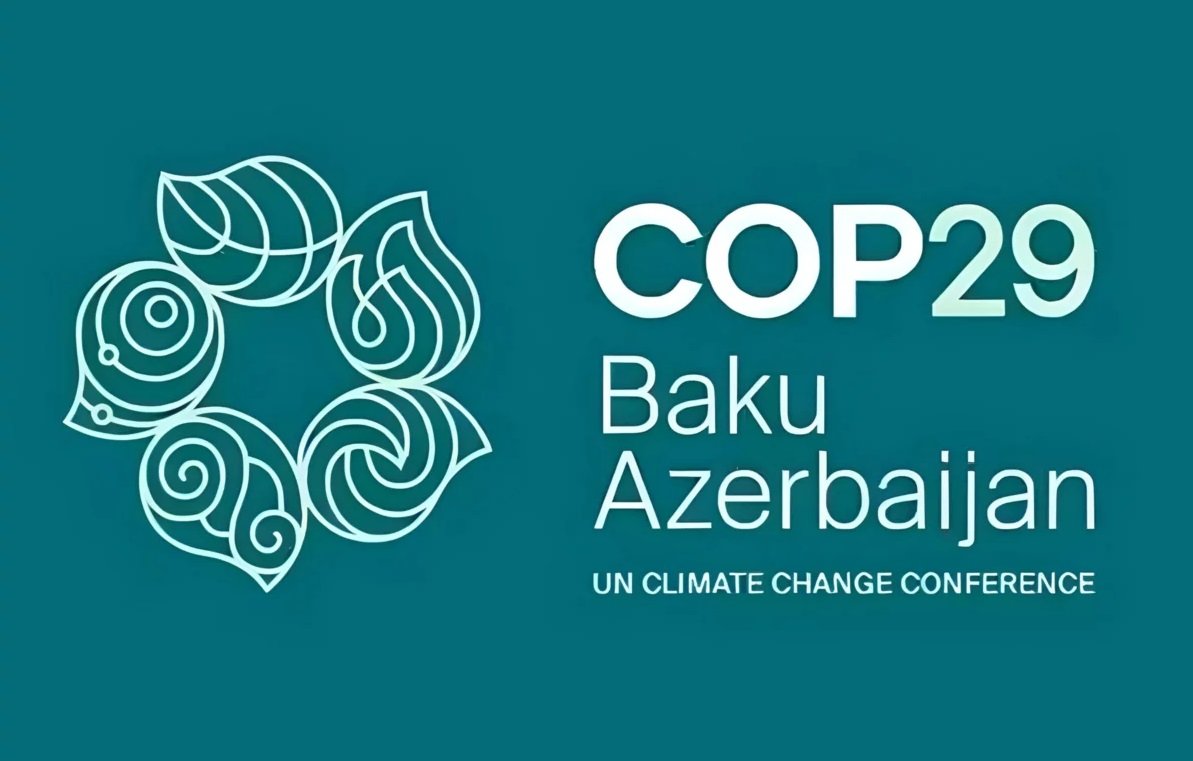EU to Support Ongoing Global Climate Action and Push for Ambitious Financial and Investment Goals at COP29
At the COP29 UN Climate Change Conference from November 11-22 in Azerbaijan, the European Union will work with international partners to achieve the goals of the Paris Agreement, aiming to keep global average temperature increases as close as possible to 1.5°C. Climate change, which knows no borders, increasingly threatens lives and livelihoods across Europe and globally. At COP29, Parties to the Paris Agreement will need to align global financial flows with the Agreement’s goals, mobilizing investments through the adoption of a New Collective Quantified Goal (NCQG) on Climate Finance, which is set to be a key priority of this year’s negotiations.
The EU remains the largest global contributor to climate finance, having provided €28.6 billion in public climate funding in 2023 and an additional €7.2 billion in private finance to help developing countries reduce greenhouse gas emissions and adapt to climate impacts. While developed countries must continue to lead in mobilizing climate finance, achieving meaningful action requires a broader base of contributors, private sector finance, new and innovative funding sources, and the creation of supportive conditions both globally and domestically. The NCQG is expected to support the alignment of financial flows with the Paris Agreement, promoting a more inclusive approach to climate finance by encouraging collective efforts to mobilize substantial funds from diverse public and private sources.
Another important topic for this year’s conference will be reaffirming the global energy goals established last year in Dubai, which aim to transition away from fossil fuels, triple investments in renewable energy, and double energy efficiency measures by 2030. EU negotiators will work toward ambitious commitments in the upcoming Nationally Determined Contributions (NDCs) to be submitted by all parties next year. The EU has already begun preparing for its own new NDC, having published the Commission's communication on Europe’s 2040 climate target earlier this year. The Commission plans to introduce legislation for a 90% emissions reduction target by 2040 under the European Climate Law, which will then shape the EU’s new NDC.
The EU negotiation team will also work to conclude discussions on international carbon markets under Article 6 of the Paris Agreement. With growing global demand for robust carbon offset systems and funding for mitigation and adaptation projects, establishing common standards based on integrity, additionality, durability, and accountability is essential.
EU Commissioner for Climate Action, Wopke Hoekstra, will once again lead the EU negotiating team at COP29, working closely with the Council Presidency and Member States to fulfill the negotiation mandate set last month. Energy Commissioner Kadri Simson will attend on November 14-15, focusing on commitments to phase out fossil fuels, reduce methane emissions, and develop clean technologies. Innovation Commissioner Iliana Ivanova will be in Baku on November 12 to participate in a high-level event on “The Future of Net Zero Competitiveness.”
Background
Under the 2015 Paris Agreement, 194 countries agreed to limit average global temperature increases to well below 2°C, striving for as close as possible to 1.5°C by the end of the century. To achieve this, countries have committed to submitting Nationally Determined Contributions (NDCs) that reflect their individual emissions reduction targets. The European Union is firmly committed to the Paris Agreement and has already cut greenhouse gas emissions by 37% since 1990 while growing its economy by nearly 70%.
In December 2019, with the European Green Deal, the EU committed to achieving climate neutrality by 2050, which was made legally binding with the adoption of the European Climate Law in July 2021. This Climate Law also set an interim target to reduce net greenhouse gas emissions by at least 55% by 2030 compared to 1990 levels. This 2030 target was communicated to the UNFCCC in December 2020 as the EU’s NDC under the Paris Agreement. In 2021, the EU introduced a package of legislative proposals to align its climate, energy, land use, transport, and taxation policies with the 2030 target.
This year, the EU will not be running its own side event program at COP, but it will participate in a variety of onsite events. The Commission will once again co-host the Just Transition Pavilion with the ILO, which provides a forum to discuss the employment and social dimensions of the green transition, including quality green jobs, skill development, and social dialogue.
